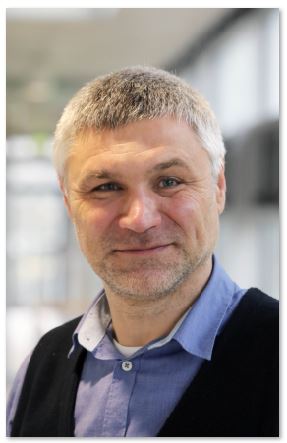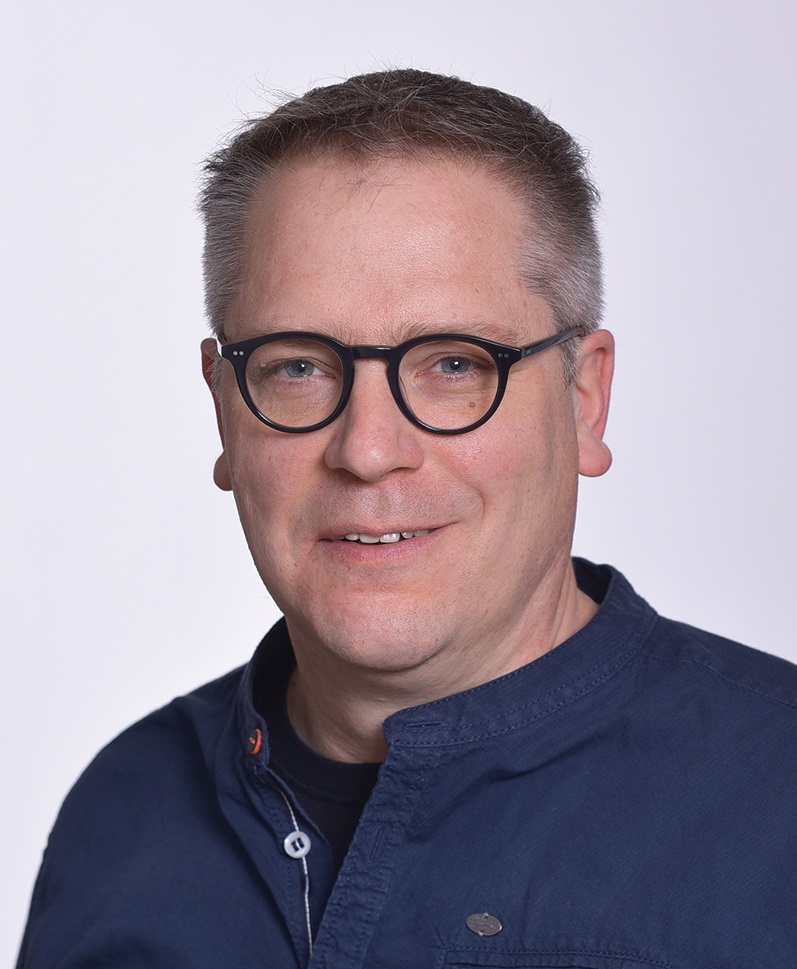TRIZ Level 3 In-house-Course
Deepen, internalize, become a source of knowledge
In order to have as much time as possible to discuss problems, we prefer fewer participants in this course. As a participant, you will be more involved in the course than in the basic and advanced courses:
Starting with Level 3, you can train others in Level 1 if you are accepted by MATRIZ as a certified trainer. Therefore, you will prepare two training sessions of the recap topics from Level 1 and 2 yourself and present them in the course. The distribution of the assignments will be done before the course.
In order to verify the trends of technology evolution with real examples, we will make a field trip day to a nearby museum. There you will use the exhibits to prove the trends and present them to your course colleagues.
During the Level 3 training and in the time between the two parts of the course, you will also have to work on your own project using all the tools from the TRIZ toolbox. Important is not only the methodically correct application of the tools, but also the meaningful processing of the project and whether good ideas were found.
Please note that only participants who hold the TRIZ Level 2 certificate according to the MATRIZ standard will be admitted to the course.
Course content / focus
Week 1:
- Recap of level 1 and 2
- Flow Analysis
- Trends of Engineering System Evolution (all trends, their sub-trends, tools and mechanisms)
- Comprehensive ARIZ knowledge (Algorithm of Inventive Problem Solving)
- Super-Effect Analysis
Week 2:
- Clone problems (analog problems)
- Anticipatory failure detection (AFD)
- TRIZ-based forecasting
- Effect databases
- Own Level 3 – Certification Project
- MATRIZ Level 3-Exam
Feedback from other course participants:

I have completed all 3 MATRIZ levels at TRIZ Consulting Group, because I was very attracted by Dr. Adunka’s competence, friendly manner and practical technical exercises.
In each level, the demands on the course participants increase. In level 3, the participants even slip into the role of the lecturer themselves and can teach selected excerpts from the previous levels with their own lecture material, practical exercises and control questions (learning by teaching is the highest level of learning).
In the time between the two halves of the course, we had time to apply the TRIZ knowledge we had acquired to our own product. This resulted in an extensive project work for me, which enabled me to deepen and consolidate in a structured way what I had learned so far. The diligence was worthwhile also so far, because the project work was considered with up to 50% of the points for the final examination. Since Dr. Adunka provided us with the evaluation criteria in advance, each of us was able to decide for ourselves the depth to which we would work on the project tasks. It was amazing to me that the different TRIZ tools were each time able to generate a new valid solution from a simple technical product (like a shoe rack).
In my German MATRIZ Level 3 course, the written exam was followed by a colloquium with two other TRIZ Level 5 masters. In this colloquium I was able to get helpful hints from Prof. Oliver Mayer and Prof. Sergei Ikovenko about the possibilities of solving my ARIZ task.
Since our university is also convinced of Dr. Adunka’s abilities, he teaches the subject “Systematic Innovation for Engineers” together with me in the master’s program in industrial engineering “Digital Economy”, so that students can acquire a certification exam for MATRIZ Level 1 within their studies.

The Level 3 course rounds off the TRIZ knowledge. It creates a very deep understanding of the tools and the interrelationships between them through the intensive work on one’s own project and the associated discussion with the other course participants. ARIZ in particular tends to lead a shadowy existence at the beginning of the TRIZ career. In Level 3, you deal with it very intensively and learn to appreciate it for special questions. The training was very practice-oriented and Robert Adunka created a very good balance between knowledge transfer and practice. Even though the time required is not to be underestimated, participation is definitely recommended!
